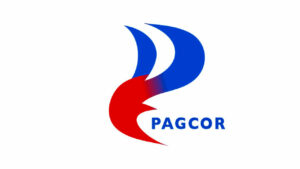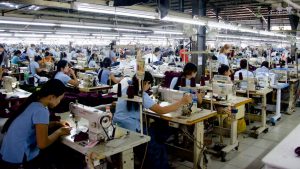THE Philippine Amusement and Gaming Corp. (PAGCOR) said the government should go after scam syndicates instead of banning Philippine offshore gaming operators (POGOs).
“We do not need to outlaw POGOs; what we need to do is intensify anti-crime operations against suspected alien hackers, against scammers and cybercriminals who are usually hiding in highly secured buildings and compounds,” PAGCOR Chairman and Chief Executive Officer Alejandro H. Tengco said in a statement on Sunday.
“These criminal syndicates are not engaged in offshore gaming at all, and even if they are, they are doing it illegally. So they are the real threat, and we must go after them with everything that we have,” he added.
Some lawmakers are proposing a ban on POGOs, citing concerns about reputational and national security risks, as well as cases related to human trafficking, torture, and other crimes.
Finance Secretary Ralph G. Recto earlier said he is not opposed to proposals to ban POGOs. He also said that he will make his own recommendations to the Palace “at the appropriate time.”
“To us, the real threats are the alien hacking and scam syndicates that operate underground, and they are the ones that our law enforcement agencies are trying to locate and dismantle,” Mr. Tengco said.
“We should not blame and demonize our licensed gaming operators because they are closely monitored by PAGCOR. Our licensees pay taxes, and they help provide legitimate jobs and livelihoods to a lot of people,” he added.
PAGCOR said that legitimate internet gaming licensees contributed more than P5 billion to its gross revenues last year.
The state gaming firm also said it has “imbedded monitoring teams in the physical venues of all licensed gaming operators, including land-based casinos, to ensure compliance with the terms of their licenses.”
“Those found violating the provisions of their licenses are meted fines and penalties and, in the most serious offenses, the licenses are revoked and their bonds forfeited.”
In April, Malacañang ordered the Anti-Money Laundering Council to freeze the assets of a POGO hub in Tarlac province.
The Philippine National Police reported earlier that a total of 4,039 people were victims of crimes related to POGOs in the first half of 2023. — Luisa Maria Jacinta C. Jocson





